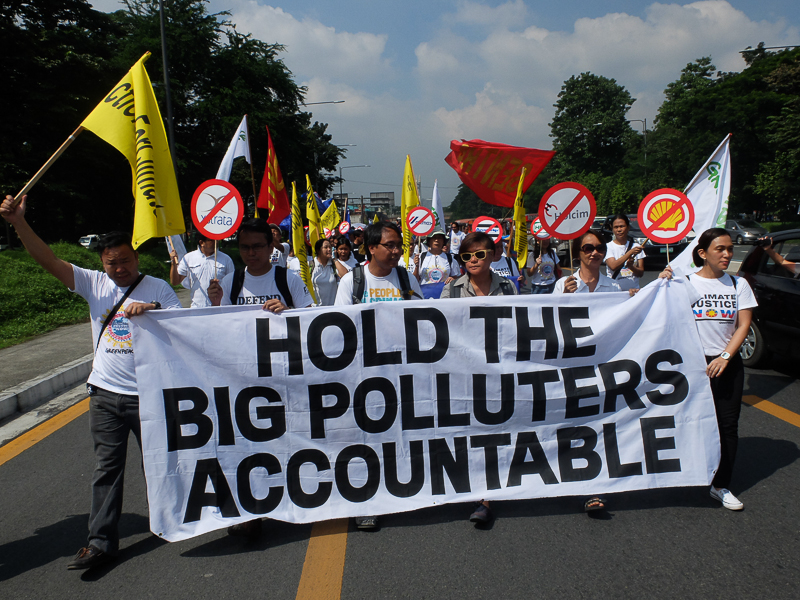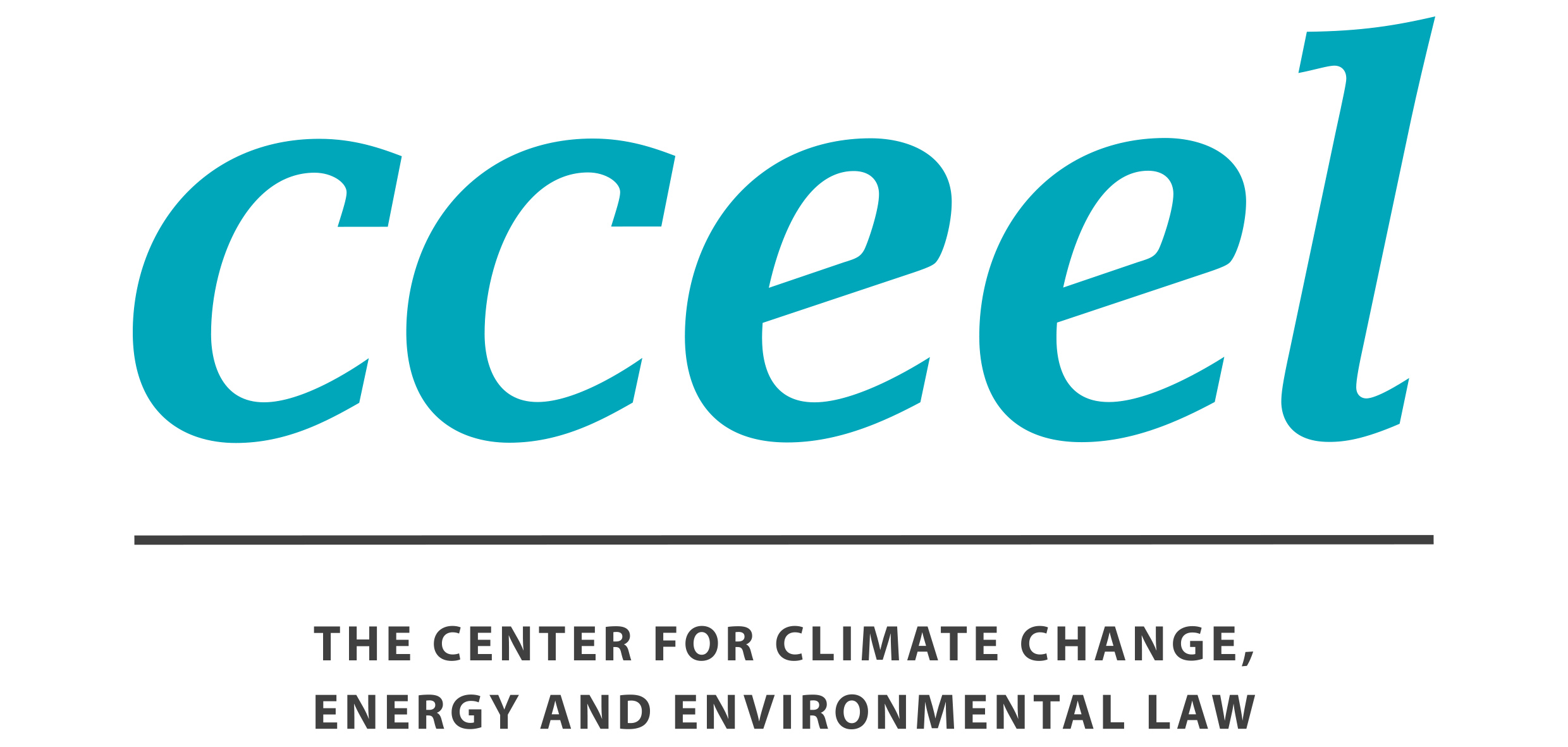The role of human rights in climate litigation: A global review

By Annalisa Savaresi, Associate Professor of International Environmental Law.
In recent years, litigation concerning climate change has increasingly invoked human rights. The databases curated by the Sabin Centre for Climate Change Law at Columbia Law School and the Grantham Research Institute on Climate Change and the Environment show a rising tide of cases ‘pushing the boundaries’ of human rights law to prompt state and corporate actors to reduce greenhouse gas emissions, or to provide redress for climate harms .
Faced with this ‘rights turn’ in climate litigation, a new special issue of the Journal of Human Rights and the Environment – co-edited by CCEEL’s Annalisa Savaresi – sets out to make sense of global and regional trends in this new and burgeoning area of legal practice. The articles collected in the special issue go beyond the single case, drawing general inferences on the role of human rights law and remedies in the climate emergency.
CCEEL will host a webinar series on Litigation Trends in the Climate Emergency featuring selected contributors to the special issue, reflecting on general trends in rights-based climate litigation.
On 30 March, 14.00-15.00 CET Joana Setzer (LSE) will present the paper ‘Rights-based litigation in the climate emergency: mapping the landscape and new knowledge frontiers’, which she co-authored with Annalisa Savaresi. The paper draws a global map of human rights-based climate litigation, detailing who has brought cases, against whom, where, and on the basis of which human rights and arguments. The authors point out that, while there has been a rise in lawsuits that align with climate mitigation and adaptation objectives, the literature has so far largely ignored those that do not. They argue that this ‘just transition litigation’ needs to be better understood, in order to fully appreciate the role of human rights law and remedies in the climate emergency.
On 6 April, 14.00-15.00 CET, Lucy Maxwell, Sara Mead and Dennis van Berkel (Urgenda Foundation) will present the paper ‘Standards for adjudicating the next generation of Urgenda-style climate cases’. The paper looks at judicial standards to determine whether a state has adopted ‘reasonable’ and ‘appropriate’ measures to mitigate climate change pursuant to its obligations to protect human rights. The authors propose a framework for such standards, drawing upon the principles established by the Dutch Supreme Court in Urgenda v the Netherlands and recent judgments of other national courts, as well as proceedings that are underway.
On 13 April, 14.00-15.00 CET, Margaretha Wewerinke-Singh (Leiden University) will present the article she co-authored with Larissa Parker, Juliette Mestre and Sebastien Jodoin (McGill University) ‘When the Kids Put Climate Change on Trial: Assessing the Disruptive Nature of Youth-Focused Climate Litigation’. The paper takes stock of youth-led climate litigation, considering how these cases and related decisions advance or challenge the agency of children and young people. The authors discuss how courts have responded to these cases and comment on key victories and setbacks.
The webinar series is free and open to all. Kindly register by 29 March.
